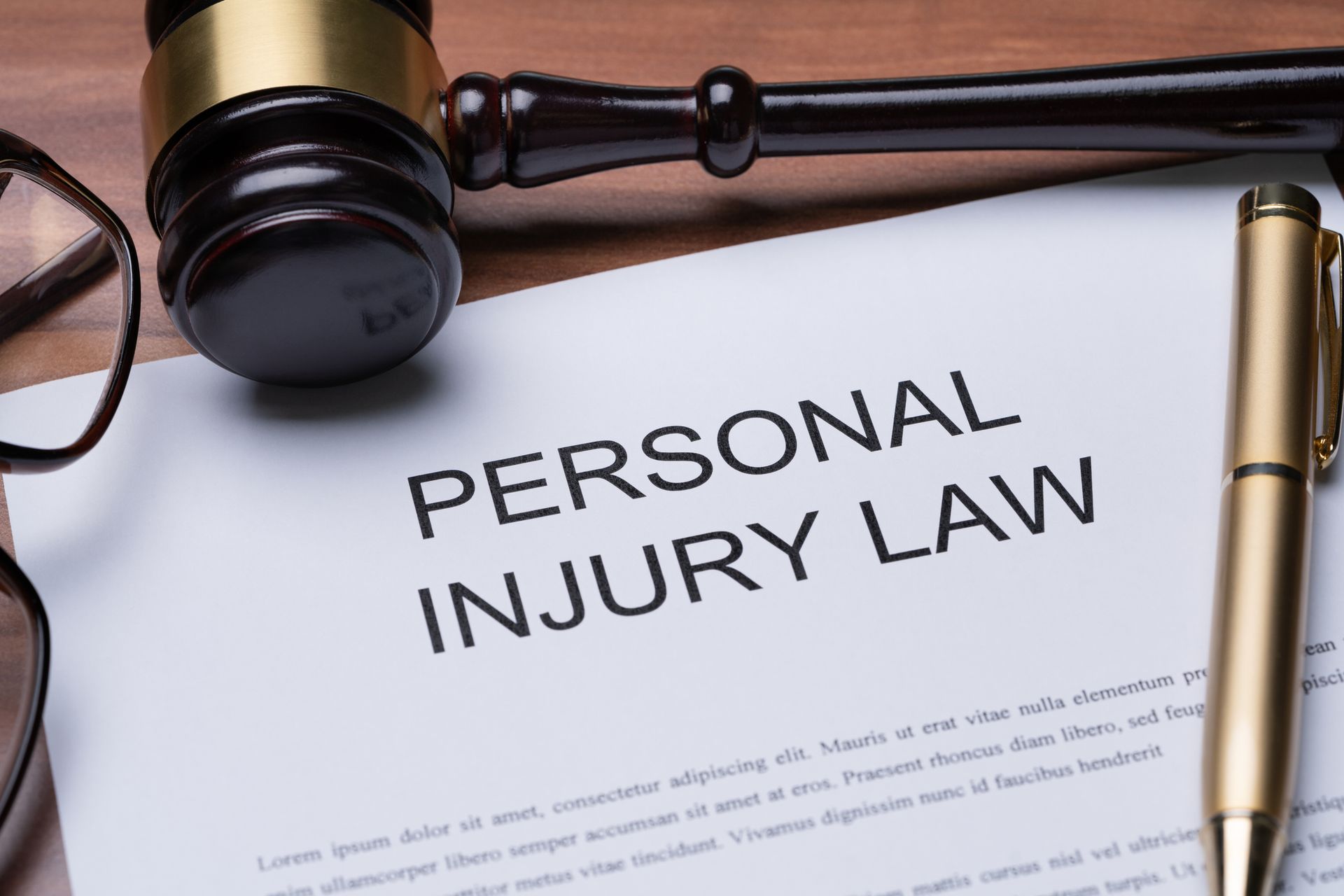Traumatic Brain Injury After a Car Accident? Everything to Know
Car accidents are traumatic, confusing, and scary. Things get even scarier when you think you or a loved one may have suffered severe injuries, especially if those injuries are to the head.
Unfortunately, traumatic brain injury (TBI) is possible after a car accident. This blog explains what to expect and what to do to ensure fast recovery and that you get compensation for the pain and losses incurred.
What Is a Traumatic Brain injury?
As the name suggests, this injury type results from a sudden trauma or blow to the head. The injury may range from mild, to moderate and severe, depending on the impact on your head.
Sometimes, you may not experience symptoms of TBI right away. For example, you may resume your daily activities and run errands, only to have the symptoms show a few days, weeks, or even months later.
Therefore, don't assume you are fine just because you don't experience any symptoms immediately. Instead, get a medical checkup for a proper diagnosis.
What Are the Symptoms of a Traumatic Brain Injury?
Again, the symptoms vary based on the extent of the injury, but the common ones are:
- Unconsciousness for a few minutes or hours
- Headaches that worsen over time
- Dilation of eye pupils
- Nausea and vomiting
- Loss of balance and coordination
Besides physical symptoms, TBI may manifest in cognitive behavioral changes, including agitation, confusion, and compromised speech.
The symptoms in children may also vary and may include:
- Refusal to eat or nurse
- Seizures
- Sadness
- Drowsiness
- Inactivity
Above are the mild and moderate symptoms. In the case of severe TBI, you may experience all the above symptoms but to a greater degree, fluid buildup in your brain, hearing loss, double vision, and loss of taste and smell senses.
What to Do After a Traumatic Brain Injury?
If you or your loved one has been involved in a car accident and you suspect TBI, you can file a claim and get compensation. Here are helpful steps to aid in your case.
Seek Medical Care
Whether you are in pain or not, seek the opinion of a medical specialist. Your doctor will conduct comprehensive examinations to determine if you have TBI. This step helps you to get timely treatment and rule out chances of life-threatening injuries.
Undergo Treatment
After diagnosis, your doctor will recommend the best treatment plan for your healing. The treatment may include physical therapy, environmental manipulation, cognitive behavioral remediation, or medications.
Document the Treatment
The earlier you start to document your journey, the easier it will be to convince the insurer or court that you deserve compensation. Documentation includes keeping records of all medical visits, treatments, medications, and invoices for services rendered.
Hire a Personal Injury Lawyer
As easy as it may sound, TBI cases are complex and require a knowledgeable and experienced lawyer to navigate the legalities. Your injury lawyer will help you understand your rights and represent you in court proceedings.
The attorney will advise you on how best to prove that your injuries were due to the other driver's negligence and help you get fair compensation for your damages.
A traumatic brain injury can be life threatening, so seek medical attention and follow the doctor's health advice. Also, don't let financial worries stand in the way of your recovery. A personal injury lawyer can help you file a claim and get compensated for both economic and non-economic losses.
You can trust us at The Law Offices of James B. Gillespie, Jr., PLLC, to provide sound legal counsel and help you through your traumatic brain injury case. We have extensive experience in personal injury cases. So we will help you navigate the complex law requirements and get you the best value compensation.
Contact us for a consultation, and let's discuss how we can help you.





